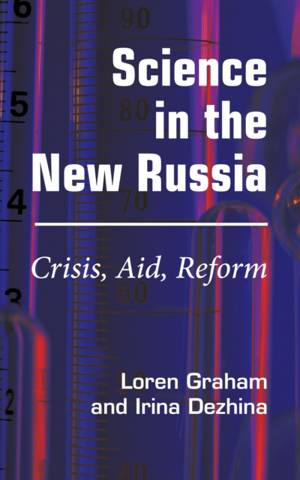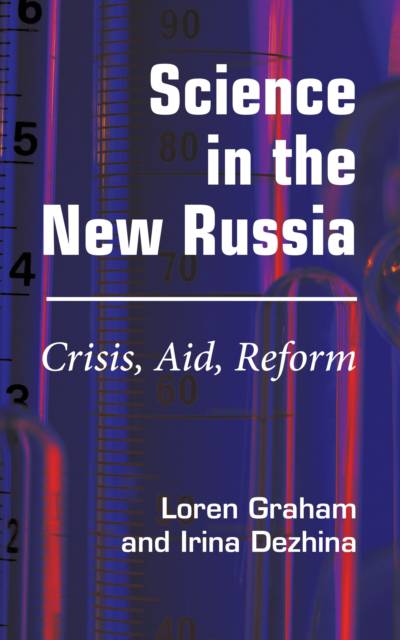
- Retrait gratuit dans votre magasin Club
- 7.000.000 titres dans notre catalogue
- Payer en toute sécurité
- Toujours un magasin près de chez vous
- Retrait gratuit dans votre magasin Club
- 7.000.000 titres dans notre catalogue
- Payer en toute sécurité
- Toujours un magasin près de chez vous
25,45 €
+ 50 points
Description
The Russian science establishment was one of the largest in the world, boasting many Nobel prizes, a world-leading space program, and famous schools in mathematics, physics, and other fields. However, when the Soviet Union collapsed in 1991, the major financial supports for the scientific community were eliminated, with resulting "brain drain." The subsequent expansion of capitalism and globalization revealed that Russian science was ill adapted to compete with other countries in high technology. Science in the New Russia tells the dramatic story of the near collapse of Russian science in the mid-1990s and of subsequent domestic and international efforts to reform and reenergize scientific activity in Russia.
Spécifications
Parties prenantes
- Auteur(s) :
- Editeur:
Contenu
- Nombre de pages :
- 216
- Langue:
- Anglais
Caractéristiques
- EAN:
- 9780253219886
- Date de parution :
- 28-05-08
- Format:
- Livre broché
- Format numérique:
- Trade paperback (VS)
- Dimensions :
- 161 mm x 233 mm
- Poids :
- 371 g







